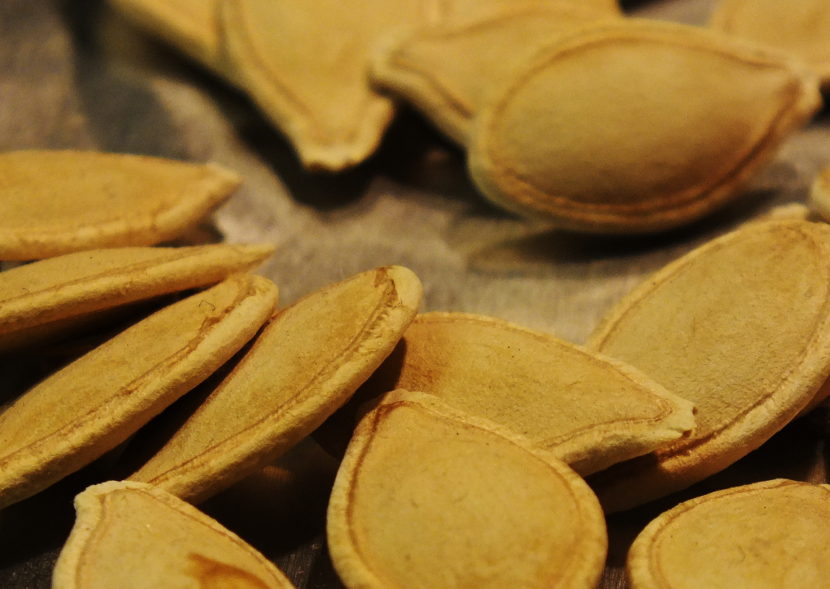
What’s more fun than watching vegetables and flowers grow that you’ve planted yourself? Probably watching them grow from seeds that you’ve also collected yourself.
Master Gardener Ed Buyarski gave his annual primer on seed collecting during this week’s edition of Gardentalk which aired on KTOO’s Morning Edition.
Buyarski primarily collects flower seeds from columbine, lupine, primrose and iris, but he’ll also save some vegetable seeds.
“In that process of collecting seeds, I guess I am doing unnatural selection,” Buyarski said. “I am choosing seeds from plants that may be slower to bolt like with the spinach. From the kale that does well, I’ve been saving those seeds for 25 years.”
Buyarski said timing is everything. For example, collect seeds from the first open-pollinated, non-hybrid tomato that ripens.
For many flowers, check whether the seeds pods or capsules are opening or turning brown. If you’re worried about the weather or animals consuming the seeds, then just cut off the whole stem — with seed pods intact – and place it in a vase indoors so they can ripen in a controlled environment.
After collection, you can simply dry and store your seeds until beginning your indoor seed starts or sowing during the following spring. But Buyarski notes that some varieties, like wild iris, may need a winter’s freeze before they germinate.
Buyarski recommends gardeners do a little research and have a little patience so they aren’t disappointed. Seeds from fireweed, primrose and many vegetables may sprout immediately or flower within a year. But other seeds may take as long as three years to germinate and five years before they flower.
After sowing, Buyarski recommends using Reemay or other landscape fabric to cover the seeds and protect them from heavy rain and hungry critters.